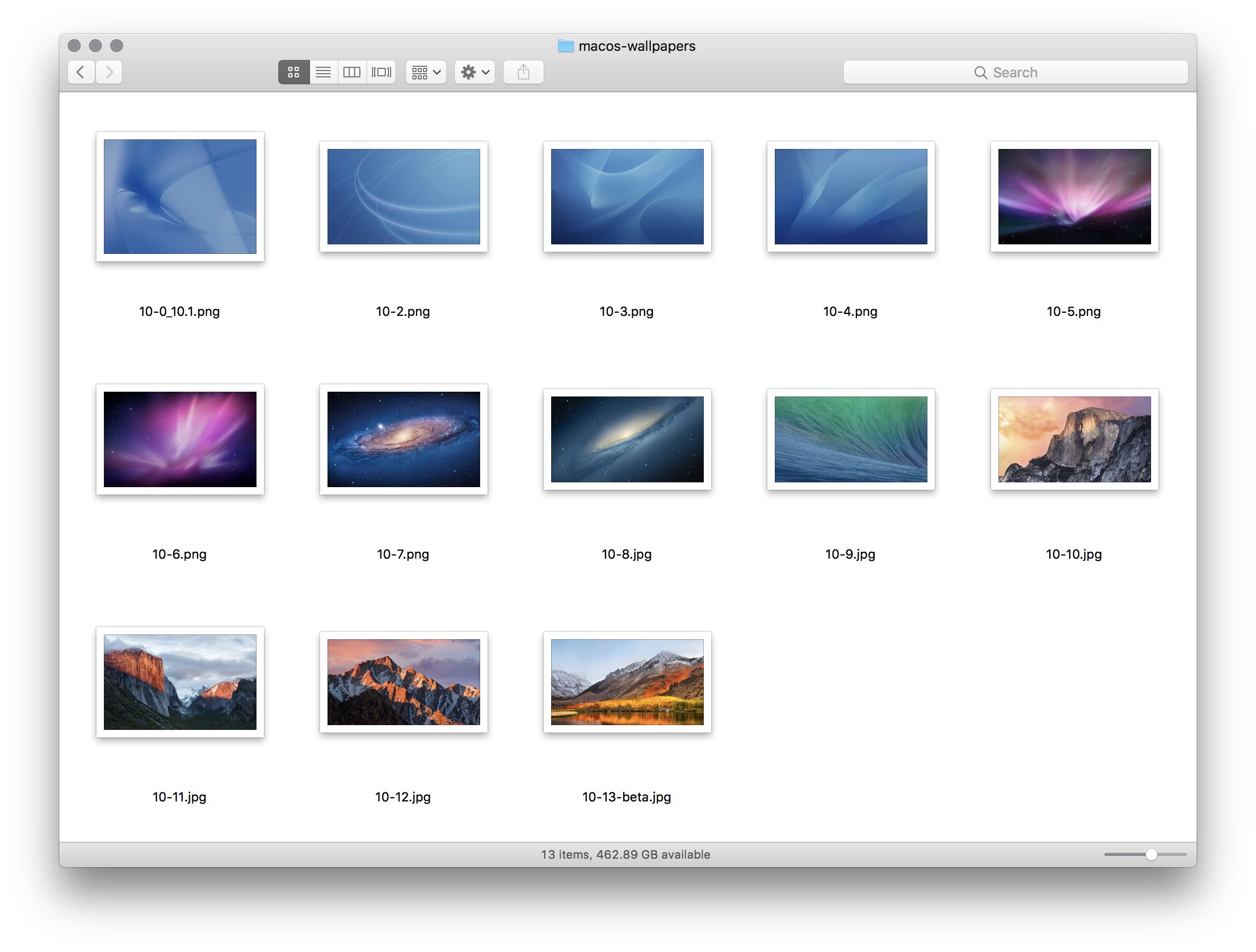Video Tutorialsmac's History
Special | 26m 45s | Video has closed captioning.

By the banks of the Lemonweir River in what for ages had been Ho-Chunk territory, Andy Thundercloud shares the oral tradition of his people. Thundercloud tells of a traveling people who migrated across the land to become many different tribes, of the importance of maintaining the traditional language, and of the wonderful way of life he has known.
Buy Now:

Problems Playing Video? | Closed Captioning
Before you submit an error, please consult our Troubleshooting Guide.
Your report has been successfully submitted. Thank you for helping us improve PBS Video.
Premium Online Video Courses - Premium Online Video Courses More Learning More Opportunity Enroll now and Use Coupon 'REDEFINE' to get Flat 10% OFF Sales End On. A Brief History of Video Game Controllers. By Morgan Tremaine. May 21 2020. 6:45 AM. Created with Sketch. Created with Sketch. Created with Sketch. Created with Sketch.
October is Black History Month in the UK. Watch historian David Olusoga explain what he thinks black British history really is about.
Do the preparation task first. Then watch the video and do the exercises. Remember you can read the transcript at any time.
Black British history has meant lots of different things at different times. It tends to mean the story of black people in Britain, but I think it means something much bigger than that.
I think it's Britain's relationship with Africa and Africans, both here in Britain, in the Caribbean and in North America, and also in Africa itself. And the reason I think it's important is because these are the stories and this is the history that explains why Britain looks the way it does today, why the faces that you see when you walk through the streets of our cities are so varied.
The African story, the story of black people, is part of that complicated mix that's created the country we are today. The great Jamaican British philosopher and academic Stuart Hall once said, 'We are here, because you were there.' These are the stories that make sense of why there were people like me in Britain, black British people. But it's also a story that's been edited out, in lots of ways, of British history.
Video Tutorialsmac's History Timeline
For example, when we talk about the Industrial Revolution, we often talk about the way the factories and the mills worked. We learned about spinning jennies and water frames and Factories Act and child labour. We go, many of us, as children, to heritage sites where we have explained to us how those mills work. But there's one bit of the story of the Industrial Revolution that we rarely talk about, which is that the four and a half thousand mills of Lancashire and southern Scotland that are at the heart of the Industrial Revolution, producing cotton clothing, which was Britain's biggest export, employing directly or indirectly maybe one in five people in the 1850s, the cotton in those four and a half thousand mills comes from North America and it's produced by 1.8 million African Americans, who are living lives as slaves.
We can't tell an honest, wholehearted, full-blooded history of the Industrial Revolution unless we tell the story of where the raw materials in the mills came from, and we've got in the habit of not doing that. We've got in the habit of telling partial histories that miss out the bits of our history that explain and show how our interaction with Africa and Africans have been repeatedly central to the British story.
Video Tutorialsmac's History Channel
There's the story of the Atlantic slave trade in the 17th, 18th century. There's the story of American slavery of cotton in the 19th century. There's the story of the Scramble for Africa in the 1870s, 1880s and 1890s. Time and again, over and over again, the story of Africa and Africans has been very central to British history.
Video Tutorialsmac's History Youtube
So black British history isn't a marginal subject that is only about and only of interest to black people. It is British history. It's at the centre of our story and, most importantly of all, it's a shared history. It's a story of interaction and it's a story that belongs to all of us.

Task 1
Task 2
Discussion
Video Tutorialsmac's History Documentaries
Language level
- Log in or register to post comments

